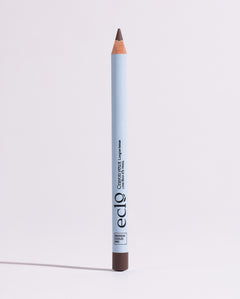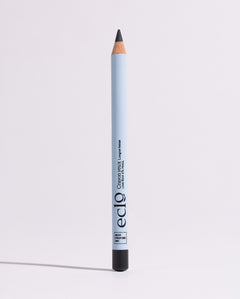While demand for natural cosmetics is on the rise, supply is not 100%.
In recent years, new ways of living and consuming that combine ecology and well-being have emerged. These include veganism, slow food, reusable everyday objects (water bottles, sanitary pads...), zero waste, upcycling...
The beauty industry has seized on these new concerns, and new, more ecological consumption models have emerged: clean beauty, green beauty, natural and/or organic cosmetics...
But what are they really? What we can be sure of is that consumer awareness is growing. The followers of these new practices agree on one central point: sustainable innovation is possible by combining technological progress and collective action.
Groups and brands in the cosmetics sector have already begun to innovate their products in response to changing demand. According to the website industries-cosmétiques.fr, sales of organic and natural cosmetics in France in 2020 almost reached the billion euro mark, with annual growth of 8%. For 2023, forecasts predict +12%, while the traditional products category is stagnating. What's more, the Covid-19 pandemic crisis has considerably accelerated demand for hygiene and care products, sidelining any brands with superfluous rhetoric in terms of ecological and health considerations.
But are these new trends enough to alleviate ecological problems?
Well, not so much... While demand for this product category is on the rise, supply is not meeting it 100%. In fact, the use of water, emulsifiers, preservatives, thickeners, etc., most of which are found in nature, are sometimes sourced from areas affected by climate change, desertification, deforestation or loss of biodiversity. On some packaging, claims of "natural extracts" may conceal dubious means of extraction or non-compliance with certain processes. It's all relative.
According to Romain Puth, President of the Cosmébio association, "just because a company buys an organic brand or uses biosourced plastic [for their packaging] doesn't mean it's good enough".
Digging deeper, the actions behind the rhetoric reveal themselves to be less promising. It is becoming urgent to be able to justify real action to counter climate change. What's written on the packaging is no longer enough: we need to go beyond zero-impact cosmetics.



